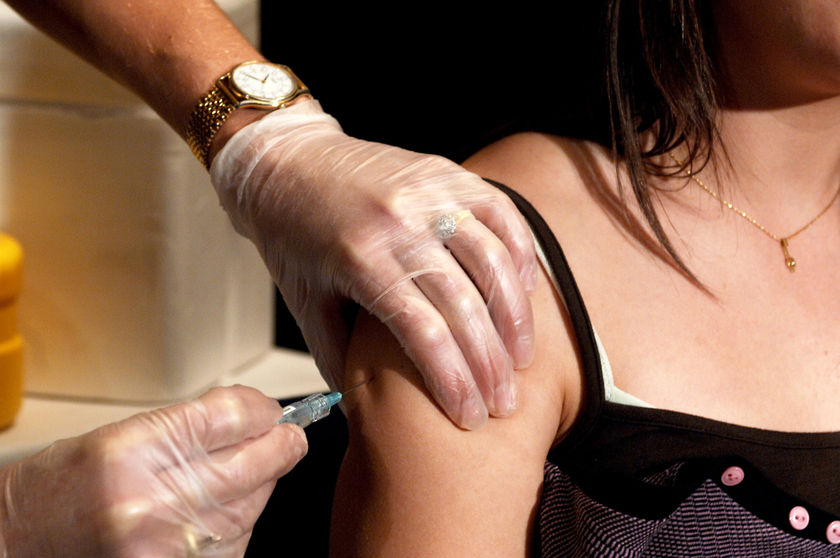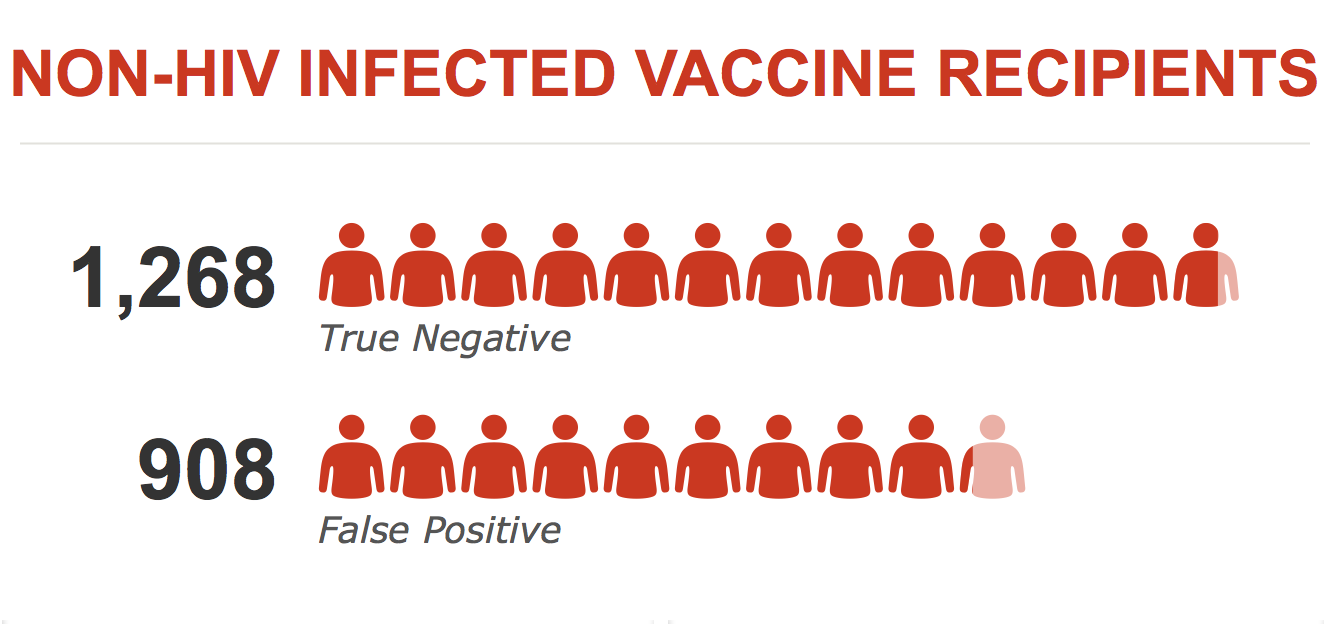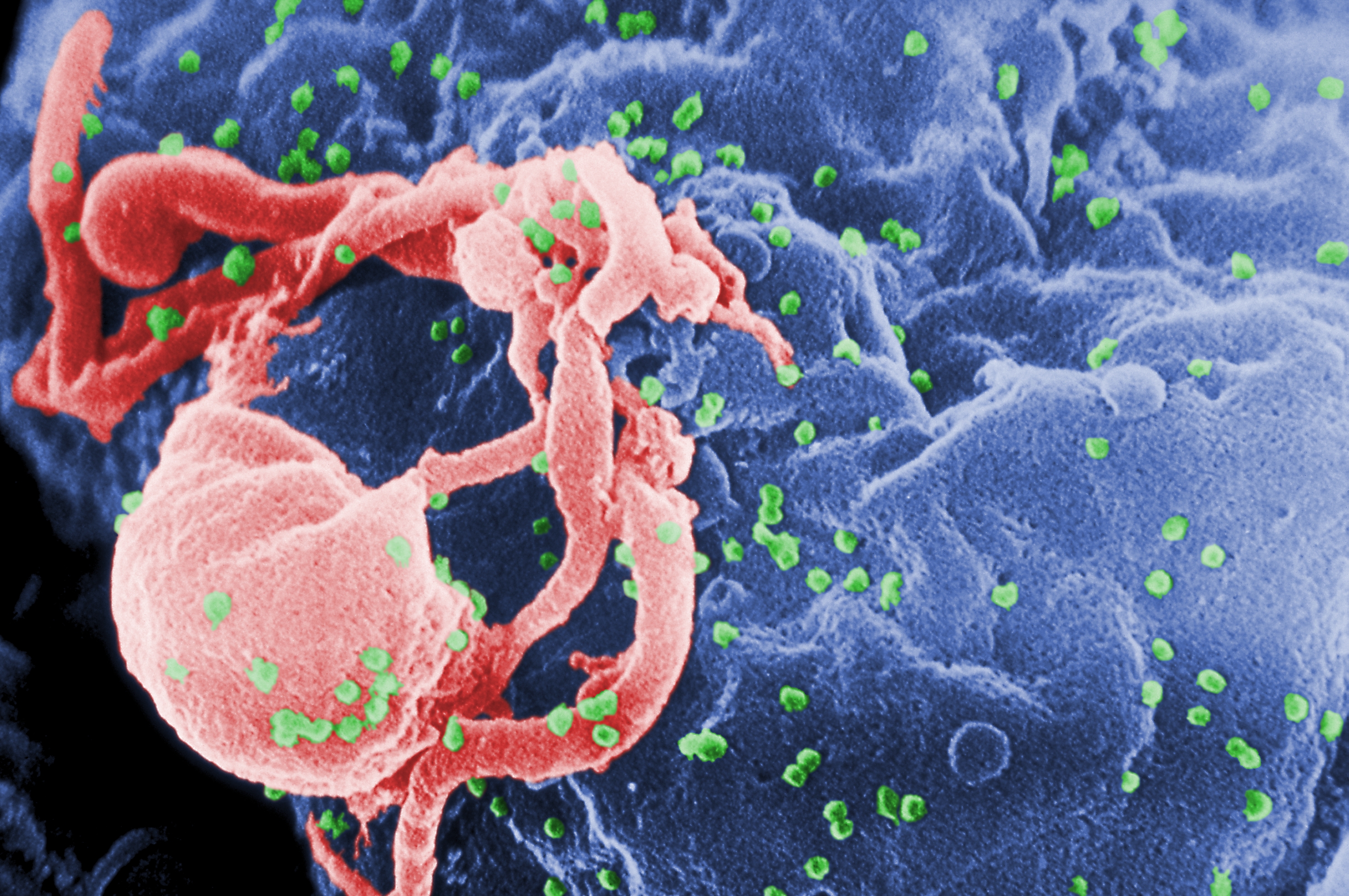Everyday there are over 7500 cases of human immunodeficiency virus, HIV, that are reported all over the world and the need for an effective Food and Drug Administration-approved vaccine is constantly growing. Researchers have proposed various approaches that have reached clinical trials of 30,000 participants, however, preventative HIV-1 vaccines have the risk of giving false test results. This is due to the ability for trial participants to generate HIV antibody responses that are induced by the vaccination. During routine HIV testing that use antibody detection methods, false positives may be found and can cause an incorrect diagnosis.

Fig. 1: Vaccination via Needle Source: Flickr by VCU CNS
This study assesses the appearance of vaccine induced sensitive/reactivity, VISP, in HIV vaccine trials, which were delivered in different systems and with HIV inserts. In 2010, Dr. Baden and her team used three FDA approved enzyme immunoassay (EIA) HIV antibody kits, which detect VISP by identifying the antibodies that were induced and a diagnostic HIV algorithm that examines the frequency of VISP in healthy adults.
Out of the 2176 participants that were free of the HIV infection and given a vaccine, 41.7% of them had VISP. However, the frequency of VISP varied between vaccine types; 86.7% adenovirus 5 product, 53.4% of poxvirus and 6.3% of DNA -alone product recipients that were given those vaccines had VISP.

Fig. 2: 2176 Non-HIV vaccine recipients with true negative or false positive results
The HIV testing kits also varied in VISP results between 40.9% and 8.8% of participants. Their findings suggested that VISP depended on the vaccine that was administrated as well as the EIA used.

Fig. 3: Microscopic HIV Budding Source: Wikipedia
If VISP induces false positive results, it could affect these participants’ opportunity to donate blood or organs, obtain medical or life insurance, hired for employment and even being able to immigrate into certain countries. Testing for VISP is crucial after every study to ensure no societal harm or incorrect reports enter the health system. However, some clinicians may glance over full patient history due to added time and cost.
The development for a vaccine gets closer to becoming approved but there are still many obstacles that researchers must face. With the race against the clock, people who are diagnosed with HIV slowly acquire AIDS if not treated. If researchers can find a preventative vaccine, HIV/AIDS could be avoidable in the future.
-Tiffany Liew
